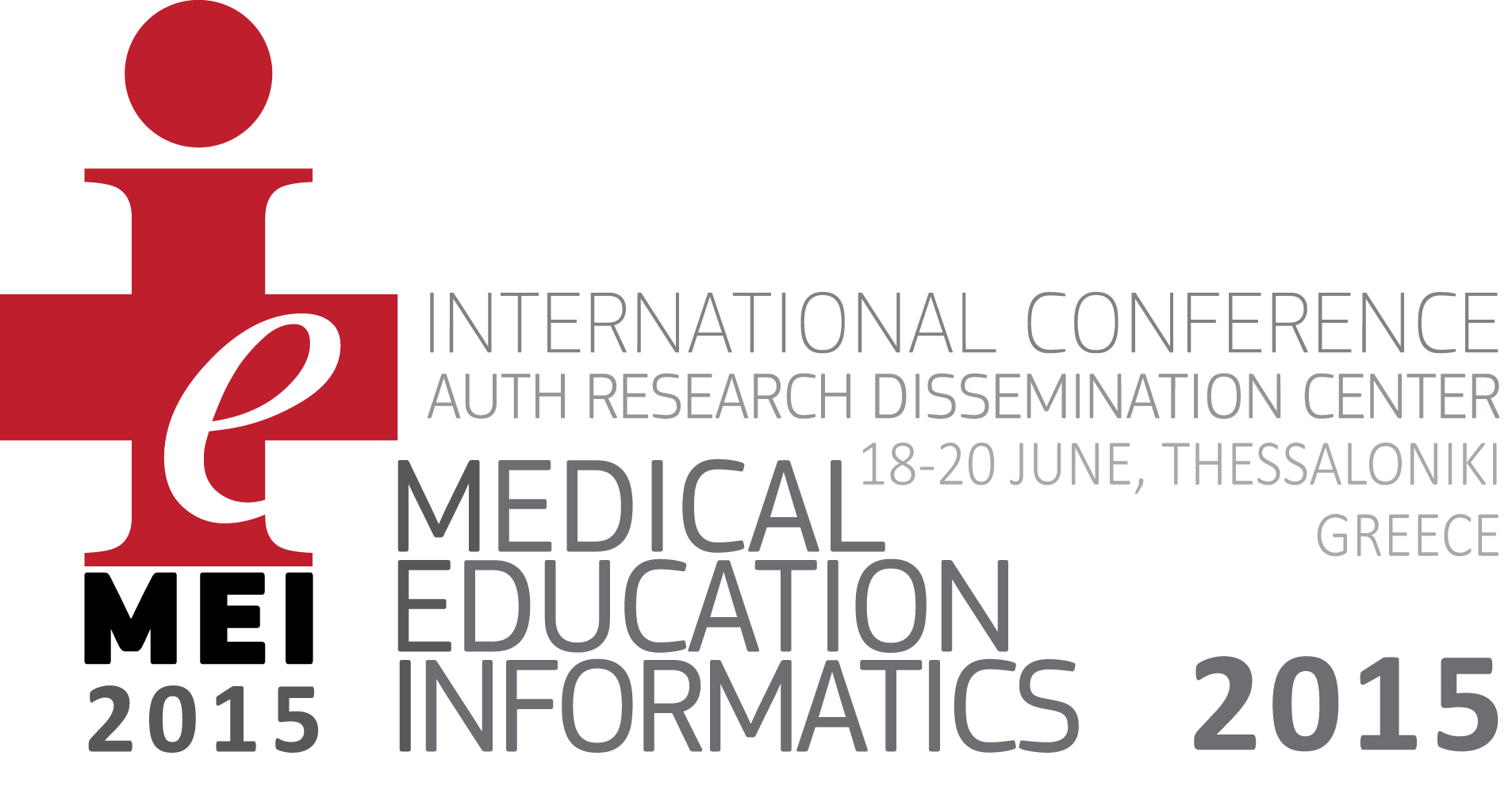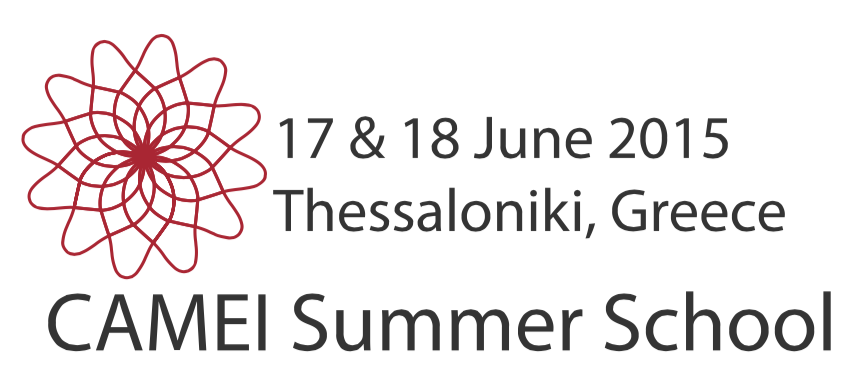You are here
Home › Quality of postgraduate medical education of trainees in Hippokrateio General Hospital of Thessaloniki. Correlation of undergraduate studies and postgraduate demands during practice in hospitalsQuality of postgraduate medical education of trainees in Hippokrateio General Hospital of Thessaloniki. Correlation of undergraduate studies and postgraduate demands during practice in hospitals
Abstract:
Aim and objectives:
The aim of this survey is to evaluate the quality of education of the trainees in Hippokrateio General Hospital of Thessaloniki as well as to examine the correlation between the undergraduate medical education and the demands during the postgraduate specialization.
Method:
In the survey participated 96 trainees, who in December 2014 were working in Hippokrateio General Hospital of Thessaloniki. They completed anonymously und voluntarily questionnaires based on the Postgraduate Hospital Educational Environment Measure (PHEEM). PHEEM consists of 40 questions.The possible answers are formed based on a Likert-type scale (Strongly disagree, Disagree, Almost disagree, Almost agree, Agree, Strongly agree). The questions can be classified in three sub-scales: Perceptions of of role autonomy, perceptions of teaching and perceptions of social support. The answers are presented on a 0-100 scale. The PHEEM questionnaire is followed by the request of positive and negative comments with regards to the hospital environment as well as questions, that refer to their satisfaction, the fulfillment of their undergraduate expectations and the undergraduate preparation for the demands of their postgraduate training.
Results:
From the 96 participants 61,5 % are men and 38,5 % are women. Their average age is 32,57 years old and the average total training period is 36,35 months. 36,5 % attend a surgical specialization, 43,8 % an internal medicine specialization and 19,8 % a laboratory specialization. 80,2 % have studied in a greek university (58,3 % in the Aristotle University of Thessaloniki) and 19,8 % have studied abroad. The total score of PHEEM is 54 %, the score of the sub-scale perception of autonomy is 53 %, the score of perception of education is 56 % and the score of the perception of social support is 51 %. The lowest scoring statements are: “There is an informative junior doctors handbook”, “I have suitable access to career guidance”, “There are good counseling opportunities for junior doctors who fail to complete their training satisfactorily” and the highest scoring statements are: “I have a contract of employment that provides information about hours of work”, “I have good collaboration with the other doctors in my grade ”, “I feel part of the team working here” and “My seniors and consultants are accessible”. According to the results only 52 % of the participants are satisfied with their job and only 45 % believe that the expectations they had in the first year of Medicine School are fulfilled. Lastly, almost positive judge the trainees their undergraduate preparation for the demands during their postgraduate training, the better communication with their patients and their everyday clinical practice.
Conclusion:
The educational environment provided by the Hippokrateio General Hospital of Thessaloniki is evaluated by the trainees as almost positive. However, many improvements must be made. The level of job satisfaction of the young doctors is low and even lower is their sense of fulfillment of their undergraduate expectations. Lastly, improvements must be made towards a better preparation in medicine schools for the postgraduate training of young doctors.
Session
Friday, 19 June, 2015 - 13:00 to 18:00


















